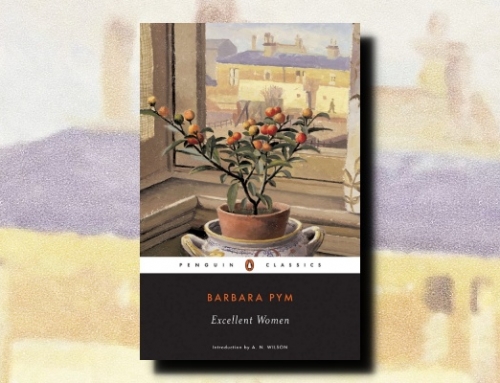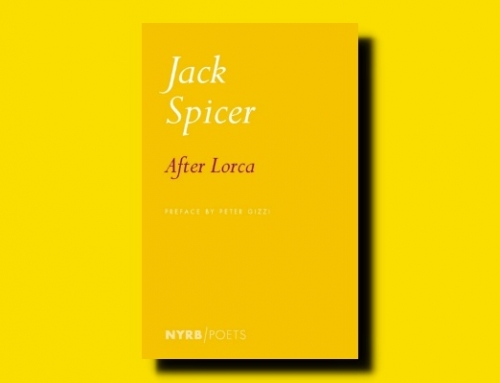
The Proof
by César Aira (La prueba, 1992)
translated from the Spanish by Nick Caistor (2017)
New Directions (included in The Little Buddhist Monk & The Proof; 2017)
78 pp
 César Aira’s novels rarely have much vulgarity or profanity, but The Proof begins with a shocking provocation: “Wannafuck?” A reader might be as startled and affronted as the young girl being asked the question as the novella starts. Marcia, the young girl, is walking home from school, past a group of teenagers where you might expect to hear such a phrase, and at first she doesn’t even quite register what has been thrown her way.
César Aira’s novels rarely have much vulgarity or profanity, but The Proof begins with a shocking provocation: “Wannafuck?” A reader might be as startled and affronted as the young girl being asked the question as the novella starts. Marcia, the young girl, is walking home from school, past a group of teenagers where you might expect to hear such a phrase, and at first she doesn’t even quite register what has been thrown her way.
She looked hastily around to see where it came from . . . Although it wasn’t so out of place — perhaps nothing else was to be expected — here in this labyrinth of voices and glances that were both transparent, light, inconsequential and yet at the same time dense, rapid, slightly wild. But if you went around expecting something . . .
When it does register, she thinks it’s clearly a mean joke. Marcia does not consider herself attractive, so this must be an insult. But who should come over to her, claiming the request was genuine but two girls dressed in black, one calling herself Mao and one Lenin. Mao is the one who threw out the phrase. She and Lenin are lovers, but they understand when one of them “falls in love” with someone else part of their love is to let the other seek fulfillment. Mao would like to fulfill her desire for Marcia.
Again, Marcia does not believe Mao, no matter how earnest she says she is. Mao is vulgar and goth, the opposite of Marcia. And Marcia says she herself is not a lesbian. However, despite her attempts to walk away, Marcia finds herself drawn into a long conversation with Mao and Lenin, because for her the intellectual exercise is interesting: how can you love me? how can you know? how can I know? Mao, surprisingly seems to have a response to each of these questions, including the last where she says she can easily supply proof: “Because love, which cannot be explained, does in fact have proofs.”
Being verbally accosted and intellectually stimulated has an intense effect on Marcia. Mao and Lenin force her to question herself and her assumptions, and she’s thrilled by the exercise: “She told herself that when it came to it, reality was more theoretical than thought.” The world she lived in before walking home has become a completely different world, and it’s invigoratingly open, even if it’s still scary.
No, that wasn’t where the change was. The atmosphere, the weight of reality had changed. Not because it had become more or less real, but because it seemed that now, anything could happen.
New Directions released The Proof with the same spine as one other César Aira novella, The Little Buddhist Monk, which I reviewed a couple of days ago, here. The two novellas, coming from two different points in Aira’s career, are very different from one another, though each retains Aira’s penchant for playfulness and unpredictability. Because these two novellas showcase Aira’s range — the early work The Proof with its relatively straightforward if still unpredictable and messy exploration of shifting worlds affecting the psyche and the later work The Little Buddhist Monk with its gleeful approach to instable reality — this volume is a fine place to start if you’re interested in getting to know Aira.

















Leave a Reply